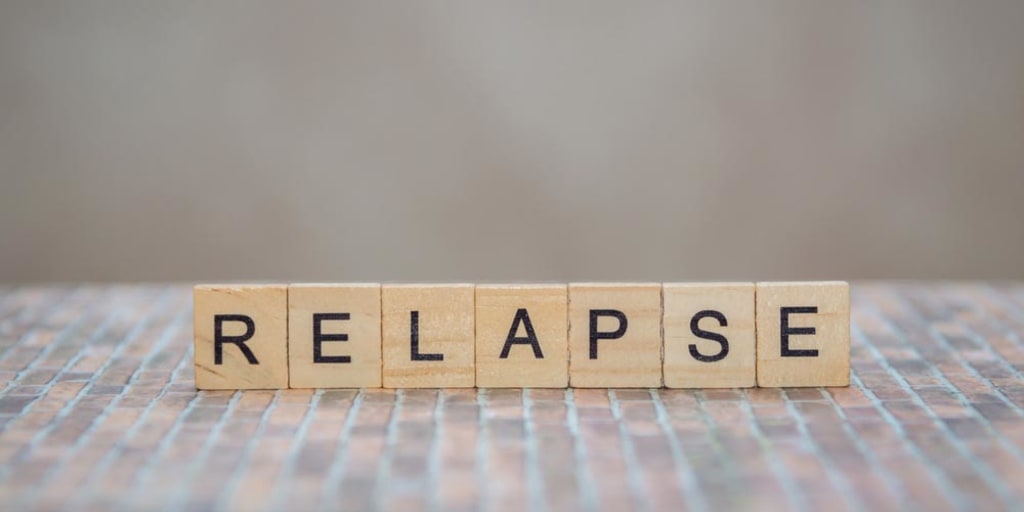
Relapse prevention can be achieved in many ways. Recognizing and practicing self-care are two key areas to focus on to avoid relapse. The third area involves seeking help and support from others. Often, the relapse itself will have a trigger, so focusing on your response to that trigger is vital to your recovery.
List of warning signs of relapse
A common warning sign of relapse is the desire to revert to the lifestyle that caused the person's addiction. This can occur as a result of a few factors, including emotional distress and denial. When a person is in a bad emotional place, they often forget about the consequences of their actions and begin daydreaming about past substance abuse. They may also avoid thoughts of the bad experiences that contributed to their addiction. These behaviors are known as relapse triggers.
When identifying warning signs of relapse, families should take note of any significant changes in their loved one's behavior. These could include things like skipping school or missing appointments. They should also watch for any marked change in their sleeping and eating habits. Self-imposed isolation is also a red flag. Often, this comes from feelings of guilt and shame.
The good news is that most relapses are a gradual process. They begin long before the substance use occurs. When this happens, the person will begin to display the same old self-destructive behaviors that led to the substance use. By recognizing these warning signs, the individual will be better able to monitor their recovery progress and avert the relapse before it starts.
The most important factor in preventing a relapse is self-care. People who are stressed often engage in the same behaviors that they used to engage in drug or alcohol use. A relaxed individual is more likely to make new decisions and change their behaviors.
Practice self-care to prevent relapse
One of the best ways to prevent relapse is to practice self-care. Many people use drugs and alcohol as a way to relieve stress and reward themselves for the difficult times in their lives. Unfortunately, this can make them vulnerable to relapse when they don't take care of themselves and create emotionally draining situations. By practicing self-care, you can avoid the pitfalls of relapse, and start living a happy and productive life.
Self-care is a critical part of recovery from addiction. It not only provides a solid foundation for recovery, but it also redirects energy away from substance abuse, allowing addicts to be more present and productive. Self-care activities can range from eating a balanced diet to taking part in a spiritual practice. Whether these practices are done in solitude or with a partner, self-care practices can help addicts stay on track in recovery.
The importance of self-care cannot be stressed enough. It is crucial to your mental, physical, and emotional health. The use of drugs and alcohol can damage the mental and emotional well-being, making it easier to relapse. By practicing self-care, you'll be able to recognize the signs of relapse early on, and take the necessary actions to prevent a relapse.
Another important aspect of self-care is to learn how to recognize triggers. For instance, if you're having a particularly strong urge to use drugs, talk to a friend or support group. This will help you manage the urges and reduce feelings of loneliness. It's also a good idea to join a peer support group to gain education, accountability, and peer support. By connecting with others, you'll reduce your loneliness and reduce the possibility of relapse.
Recognize your usage patterns to prevent relapse
Recognizing your usage patterns helps you identify triggers and situations that lead you to use substances. These triggers can trigger relapse, so it's important to learn how to cope with them. In addition, you can help yourself avoid them by having a plan of action in place for each situation.
Setting goals is another effective coping technique. You can set daily goals such as going for a yoga practice in the morning, focusing on a new hobby, or creating a nutritious meal plan. These daily goals can help you manage stress and reinforce your sense of worth and wellness.
Your triggers may be internal or external cues that cause you to use substances. If you can identify them, you can make a list of possible ways to avoid them and keep your recovery on track. You can also join a support group, which can offer accountability, education, and peer support. These groups can also reduce feelings of isolation and loneliness.
Whether you are a newbie in recovery or an experienced veteran, you must recognize your usage patterns in order to stay on track. Whether you use substances or not, the same things can trigger cravings. Keeping a list of people who support you will help you overcome cravings and relapses. Your list should be readily accessible.





Comments
There are no comments for this story
Be the first to respond and start the conversation.